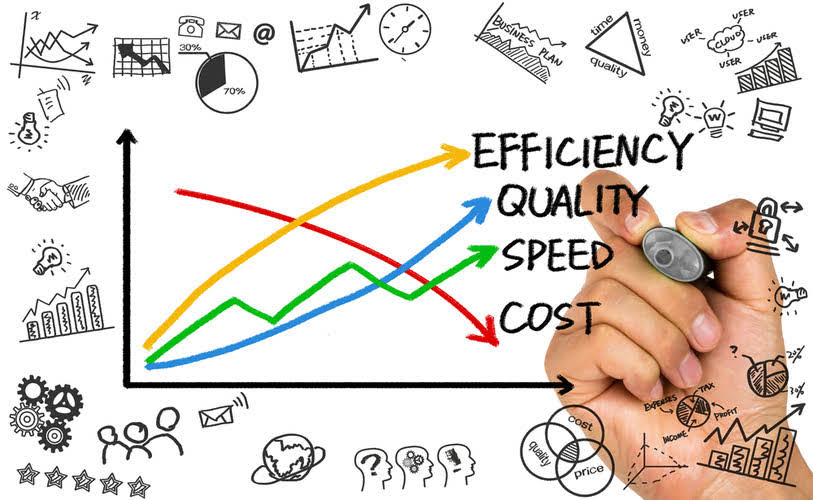
They must meet minimum educational and experience requirements and complete ongoing annual continuing education to stay on top of new laws and regulations. In addition to the education requirements and passing the CPA exam, CPA candidates must complete a specific number of work experience hours under the direct supervision of a licensed CPA. Once all requirements are met, the CPA license is awarded by the individual state boards of accountancy. These programs are beneficial for new bookkeepers who don’t have much real-world professional experience, but hiring a bookkeeper without one of those credentials can be just as effective for your business. Here’s a quick summary of notable differences (and a few similarities) between bookkeeping and accounting. To qualify for the title of an accountant, generally an individual must have a bachelor’s degree in accounting.
As the line between bookkeeping vs. accounting has become less clearly defined, some states have begun to restrict who can call themselves an accountant. In some states, a person must be a CPA in order to refer to themselves as accountants. Many small business owners aren’t sure about the difference between bookkeeping vs. bookkeeper vs accountant accounting. But it’s an important distinction as knowing the difference can help you hire the right professionals to advise you in your business. Accountants play a vital role in ensuring a company’s financial success as they offer strategic insights and advice based on their analysis of the business’s financial position.
Skill sets
Bench offers full bookkeeping services by live bookkeepers, along with our always-available software platform (so you can log in any time to see where your accounts stand). Simply put, bookkeeping is more administrative, concerned with accurately recording financial transactions. Accounting is more analytical, giving you strategic insights into your business’s financial health based on bookkeeping information.

While interconnected, the roles of an accountant vs. bookkeeper differ in scope and purpose. Bookkeeping is a subset of accounting, focused on data entry, while accounting encompasses a broader spectrum of financial analysis and reporting. Using the work of a bookkeeper as a foundation, accountants generate various financial statements to illuminate a business’s recent trends and current financial state. From there, they project what-if scenarios into the future, guiding business owners to grow and present themselves to investors and creditors. As you scale your business, indinero’s online bookkeeping and accounting services are here to support you.
How confident are you in your long term financial plan?
Accountants, on the other hand, tend to use the bookkeeper’s inputs to create financial statements and periodically review and analyze the financial information recorded by bookkeepers. We’ve listed some of the key differences when it comes to the https://www.bookstime.com/articles/profit-and-loss-statement requirements and job market for each. With the rise of technology and automation tools, the role of accountants is shifting. Accounting teams and CFOs are working more and more towards strategy, analysis, and decision-making for businesses.